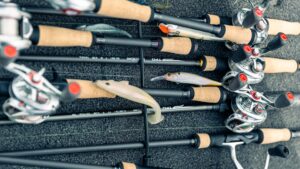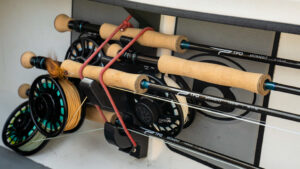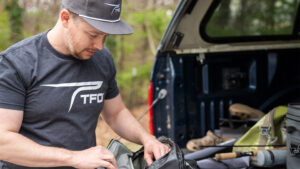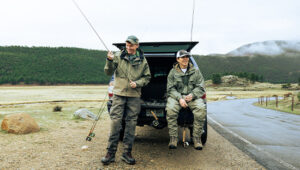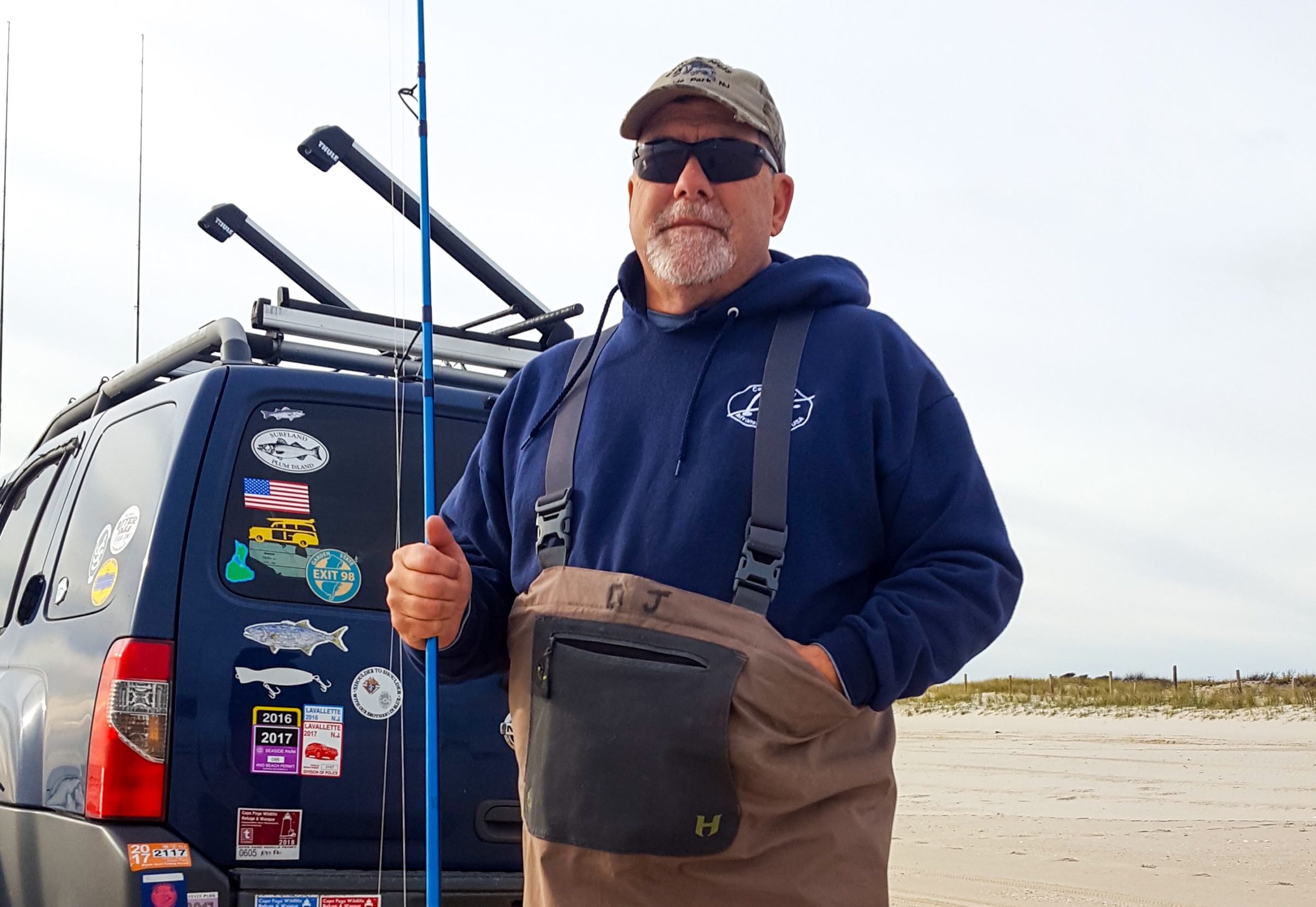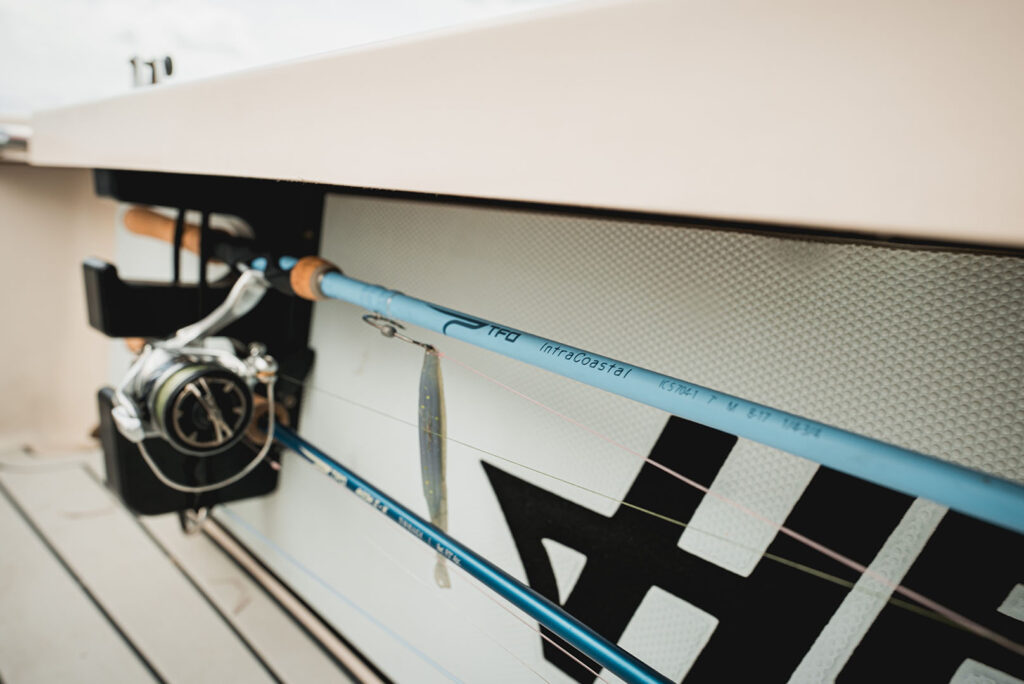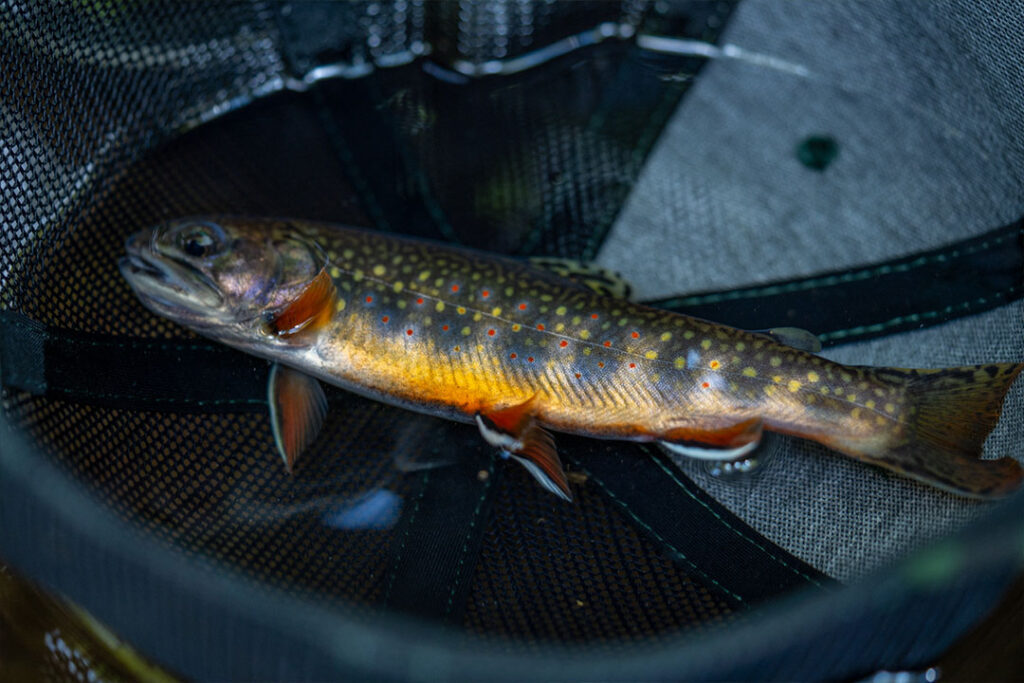Some anglers fish inshore, others offshore. Some like freshwater, some prefer the salt. DJ Muller’s first love is the surf. From Maine to Cape Hatteras, Muller guides for striped bass and is the author of a handful of books on stripers. His latest work is Striper Tales: A Collection of Surfcasting Stories. The TFO ambassador was gracious enough to take a few minutes from his writing and fishing schedule to talk to TFO blog editor Mike Hodge. Here’s what he had to say.
TFO: What are your earliest memories of fishing? Did you go out with your dad, your brother, another sibling or a friend? How did you get started fishing?
DJM: “My friends and I would get out in the neighborhood and do some freshwater fishing in the pond. Then my father would take my brother and me down to the municipal docks in the evenings, when we’d catch snappers, maybe bluefish. As we got older we’d start fishing out a bit, off jetties, inlets, stuff like that, which kinda whet my appetite. I really didn’t get into it until college when I got into the striper pursuit, as opposed to a love for fishing. It turned into a striper obsession. We pretty much hunt them nine months of the year now. I travel all over the northeast looking for trophy fish.”
TFO: Who was your mentor in surf fishing? Was there anyone who showed you the way in what you know?
DJM: “Funny question. My father always took us fishing. He wasn’t a mentor, even though we grew up learning together. I really say this because it made me a good fisherman — I’m self-taught. Nobody taught me what baits worked a certain way. Nobody gave me their opinions. I didn’t have a grandfather, friend of the family, nobody. I learned by fishing, learning and reading magazines. This was before the internet. I’d read articles and try to apply it. That’s basically it. I’m self-taught. It’s funny because when I I guide, I work with a lot of guys on a lot of different levels. Some of the guys will say, ‘Well, my grandfather taught me this. He said to do this and that.’ Well, it’s totally wrong. The guy’s trying to get into striper fishing, but his foundation is a little wobbly. It’s not really clear and it’s not really accurate, what he was told as a kid or as a young man. They’re locked into these bad habits. It pushes you to the other end. They’re trying to catch fish and having a hard time doing it because they’re doing stuff wrong. They believe it’s right, but it’s wrong.”
TFO: With that trial-and-error method of learning, what kept you going? You learned by making mistakes, so progress probably was pretty slow?
DJM: “When I first started pursuing striped bass, I didn’t catch my first one for a year-and-a-half. It was extremely frustrating. You could say the first one was extremely fulfilling, extremely gratifying. I was catching big blues, which was holding me over and keeping my appetite wet, but until I got my first striper, I was frustrated, but I was working hard. I’d work, work, work and read. Work, read. Work, read. There was no internet. There was nothing to draw from. Now you sign up for Facebook, you get a post, you go out and catch five fish. There’s no work ethic and the reward is minimal. It doesn’t mean that much to those people. They read a report and go fishing. That’s the overwhelming amount of people today. They don’t want to pay dues. They just want the result. It’s a very cheap quality of satisfaction.”
Thanks for reading! Stay tuned for part II!
